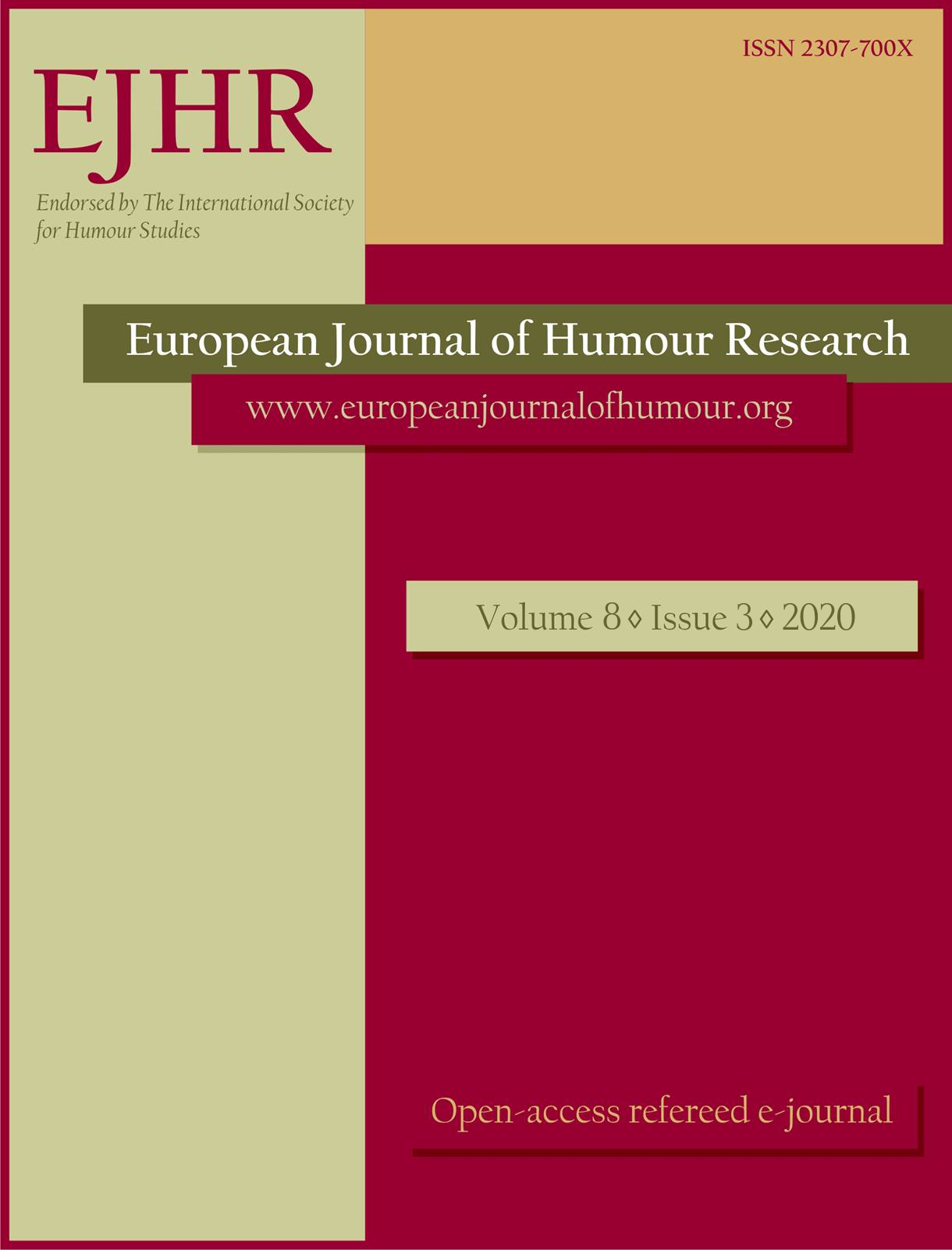Intertextuality and failed taboo humour in advertising
Intertextuality and failed taboo humour in advertising
Author(s): Margherita DoreSubject(s): Media studies, Communication studies, Pragmatics, Sociolinguistics, Marketing / Advertising
Published by: Krakowskie Towarzystwo Popularyzowania Wiedzy o Komunikacji Językowej Tertium
Keywords: hyperdetermined humour; intertextuality; advertising; (multi)national corporation
Summary/Abstract: Humour is often exploited in advertising to enhance the positive image of a brand or corporate company, as well as to promote products or services. Advertisers seek the involvement of the audience via covert or overt references that, in their opinion, may trigger humour and, hypothetically, result in a positive customer response. However, using intertextual humour in advertising can sometimes be risky because, even though the ideal interlocutor is supposed to be familiar with the humorous reference the author alludes to, the latter can never be certain of whether it will be favourably received. The matter is further complicated if the advert relies on references that play on taboo or transgressive topics, which some may find humorous while others will consider distasteful. After all, humour is a phenomenon that varies according to individual cultures and historical time, as well as in terms of how it is perceived and whether it is appreciated. In this context, this study focuses on the use of intertextual taboo humour in adverts and campaigns that exploit both verbal and non-verbal texts. It particularly explores the reasons for the target clientele’s reaction, which has had a boomerang effect on the brand and company itself. The suggested hypothesis is that the simultaneous exploitation of verbal and non-verbal intertextual references (consciously or unconsciously) activates multiple targets and scripts that cause the intended humour to fail in its scope.
Journal: The European Journal of Humour Research
- Issue Year: 8/2020
- Issue No: 3
- Page Range: 99-114
- Page Count: 16
- Language: English

